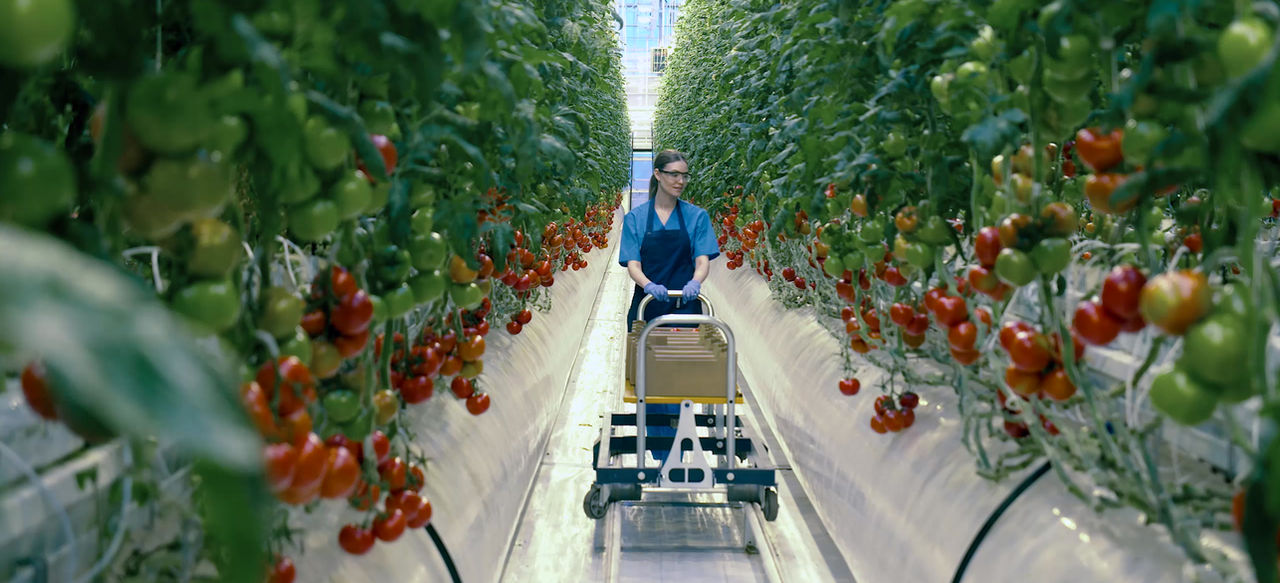
Sustainable agriculture: Future-proof agriculture for sustainable nutrition
Conventional agriculture has significant environmental impacts: Excessive pesticide use, monocultures, and intensive land management lead to soil degradation, water scarcity, and biodiversity loss. At the same time, the global population is growing, increasing the demand for food. Sustainable agricultural practices offer a solution for producing food in a resource-efficient manner, protecting the environment, and promoting healthy food systems.
Current challenges: Environmental pollution from industrial agriculture
Soil erosion and degradation
Intensive farming and monocultures deprive the soil of nutrients and lead to crop failures.
Water shortage
High water consumption in agriculture contributes to the depletion of natural water resources.
Greenhouse gas emissions
Industrial agriculture is responsible for a significant proportion of global CO₂ and methane emissions.
Loss of biodiversity
Pesticides and chemical fertilizers endanger insects, birds and other ecosystems.

Short-term solutions: Sustainable cultivation methods and innovative concepts
Organic farming
Avoiding synthetic pesticides and fertilizers promotes soil fertility and protects biodiversity.
Agroforestry
The combination of agriculture and forestry improves soil quality and protects against erosion.
Permaculture
Sustainable farming methods based on natural cycles reduce resource consumption.

Long-term vision: A sustainable food system for future generations
Vertical Farming
Urban farming methods in controlled environments save water and reduce transport emissions.
Regenerative agriculture
Restoration of natural ecosystems through humus-building methods and CO₂ storage in the soil.
Regional and seasonal nutrition
Shorter transport routes and lower CO₂ emissions through consumption of locally produced food.
Technological innovations
Precision agriculture with drones and sensors optimizes water and fertilizer use.

Conclusion: Sustainable agriculture as the basis for a future worth living
The transition to sustainable agriculture is essential to secure global food needs in the long term and protect the environment. Through resource-efficient cultivation methods, regenerative practices, and technological advances, we can enable sustainable food production. Everyone can contribute – through conscious consumption, supporting regional producers, and promoting sustainable agricultural systems.
